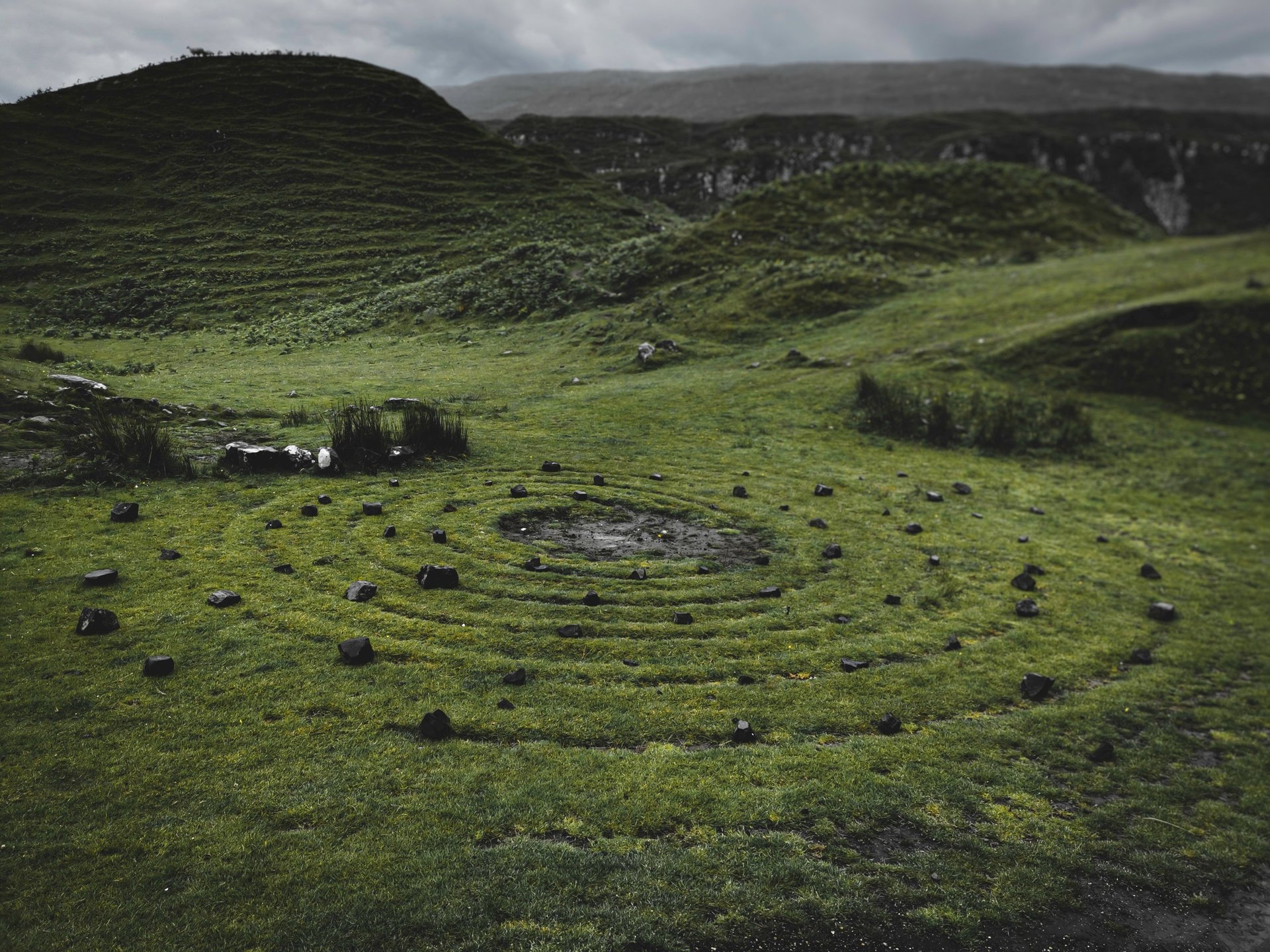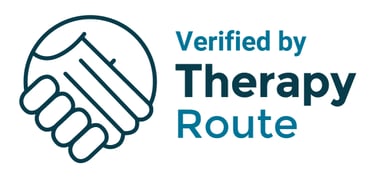
We have only to follow the thread of the hero path, and where we had thought to find an abomination, we shall find a god; where we had thought to slay another, we shall slay ourselves; where we had thought to travel outward, we shall come to the center of our own existence. And where we had thought to be alone, we shall be with all the world.
~ Joseph Campbell, Hero with a Thousand Faces
Trauma is not what happens to you but what happens inside you.
~ Gabor Maté, The Myth of Normal
We have learned that trauma is not just an event that took place sometime in the past; it is also the imprint left by that experience on mind, brain, and body. This imprint has ongoing consequences for how the human organism manages to survive in the present. Trauma results in a fundamental reorganisation of the way mind and brain manage perceptions. It changes not only how we think and what we think about, but also our very capacity to think.
~ Bessel van der Kolk, The Body Keeps the Score
Like powerful waves, some experiences crash into our beings, tumbling and disorientating us. We can emerge from them substantially disorganised, as van der Kolk explains. The extent of the ravages can even result in what Levine calls "a living death", when we have survived but can no longer access that which makes life worth living. Neuroscience and research in the social sciences have enabled a greater understanding of the biological and psychological processes involved in adaptations to trauma, while identifying the most promising evidence-based treatment methods.
The recovery process is one of reorientation and reorganisation, with the potential to return us to a sense of wholeness and the regaining of the qualities of innocence, openness and trust. We have travelled a full circle, but are not where we started. The ground that we've passed through has changed us. We've needed to expand to contain the new material and are consequently bigger.
The paradox of trauma is that it has both the power to destroy and the power to transform and resurrect.
~ Peter Levine, Healing Trauma
And once the storm is over, you won’t remember how you made it through, how you managed to survive. You won’t even be sure, whether the storm is really over. But one thing is certain. When you come out of the storm, you won’t be the same person who walked in. That’s what this storm’s all about.
~ Haruki Murakami, Kafka on the Shore






